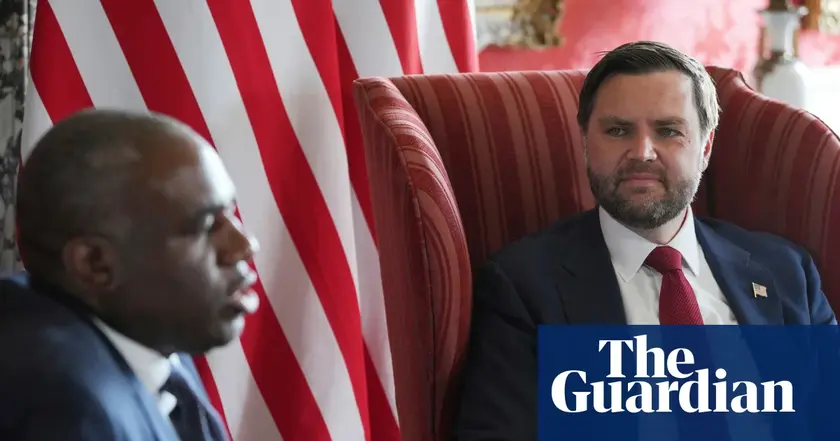T4K3.news
UK urges de-escalation in Gaza plan
Keir Starmer urges Netanyahu to reconsider Gaza City takeover and pushes for ceasefire and humanitarian aid.
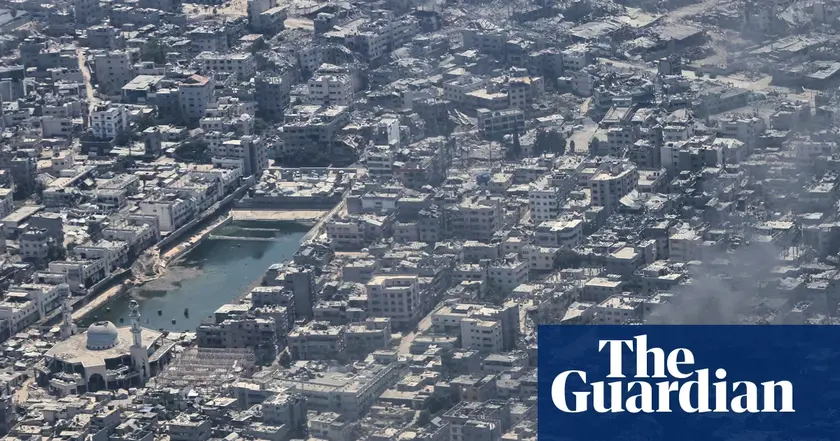
Keir Starmer urges Netanyahu to rethink Gaza City takeover, arguing the move would worsen bloodshed and hinder hostage negotiations.
UK pressure on Gaza plan tests global diplomacy
Keir Starmer pressed Benjamin Netanyahu to reconsider Israel's plan to seize Gaza City, arguing the move would likely increase bloodshed and deepen Gaza’s humanitarian crisis. He said escalation would not help secure the release of Israeli hostages and warned that a broader takeover would fail to deliver a durable peace path.
Israel's security cabinet approved a plan to take over Gaza City but stopped short of a full Gaza invasion, a shift prompted by concerns from Israel’s top generals about risking the remaining hostages and overtaxing the military. The decision drew quick criticism from several international players and signaled ongoing debate over how far to push a conflict that has persisted for nearly two years.
Finland and Turkey joined calls for de-escalation. Ed Davey, leader of the Liberal Democrats, accused Netanyahu of pursuing ethnic cleansing in Gaza and urged the UK to halt arms exports and sanction the Israeli leadership. UK energy minister Miatta Fahnbulleh told Sky News the plan could escalate the crisis and called for a ceasefire and a renewed push for negotiations. Starmer also linked his stance to a promised recognition of a Palestinian state before the UN General Assembly if a ceasefire and a two-state path remain elusive.
Key Takeaways
"What we need is a ceasefire, a surge in humanitarian aid, the release of all hostages by Hamas and a negotiated solution"
Starmer outlining UK demands for a ceasefire and hostage release
"Our message is clear a diplomatic solution is possible but both parties must step away from the path of destruction"
Starmer describing the approach needed from both sides
"We think that it will risk escalating an already intolerable situation and the consequence will be more bloodshed"
Miatta Fahnbulleh on the Gaza plan
"Netanyahu’s goal was ethnic cleansing in Gaza"
Ed Davey on Netanyahu’s aims
The episode shows how a single military decision can ripple through diplomacy. Starmer’s stance aligns the UK with a growing call for humanitarian relief and a negotiated deal, signaling a willingness to pressure allies to seek a ceasefire even as the conflict narrows toward a two-state frame. The tension lies in balancing moral leadership with political risk at home and abroad, including potential backlash from domestic supporters of arms exports.
This moment also tests the practicality of diplomacy when hardline actors have already pinned their priorities on military milestones. The UK’s posture may influence European and Middle Eastern dynamics, but it could also complicate negotiations if partners read it as hesitation or mixed messaging. The coming weeks will reveal whether Washington and European capitals can sustain a unified push for de-escalation or if the situation will harden into a longer struggle.
Highlights
- Diplomacy is possible only when both sides choose restraint
- A ceasefire must come before any return to talks
- Humanitarian aid cannot wait for negotiations to begin
- The two-state path is slipping away without good faith talks
Political sensitivity and humanitarian risk
The plan and accompanying political responses touch on sensitive issues of sovereignty, war, and potential humanitarian impact. The situation could trigger political backlash at home over arms exports and foreign policy, and heighten tensions in international diplomacy.
Diplomacy moves faster than the ink on a peace plan.
Enjoyed this? Let your friends know!
Related News
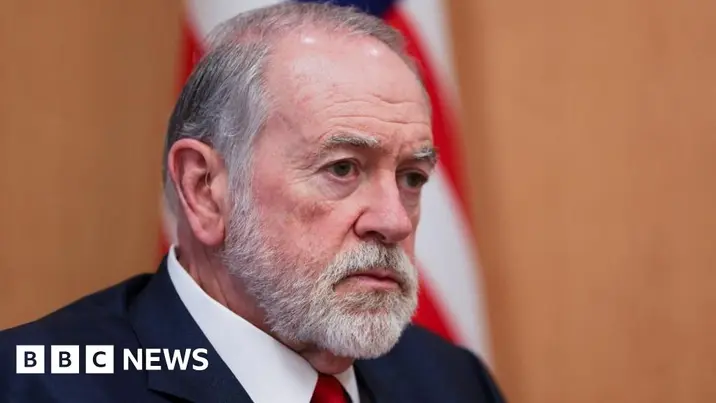
US envoy challenges UK stance on Gaza plan
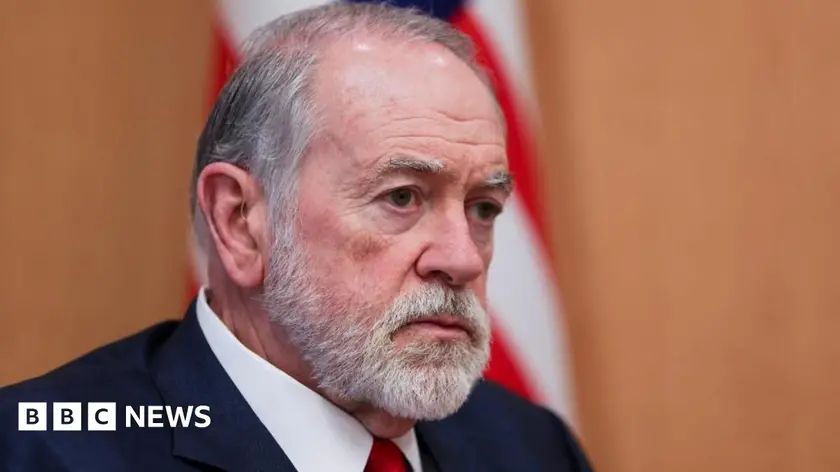
Huckabee comment on Starmer and Gaza plan
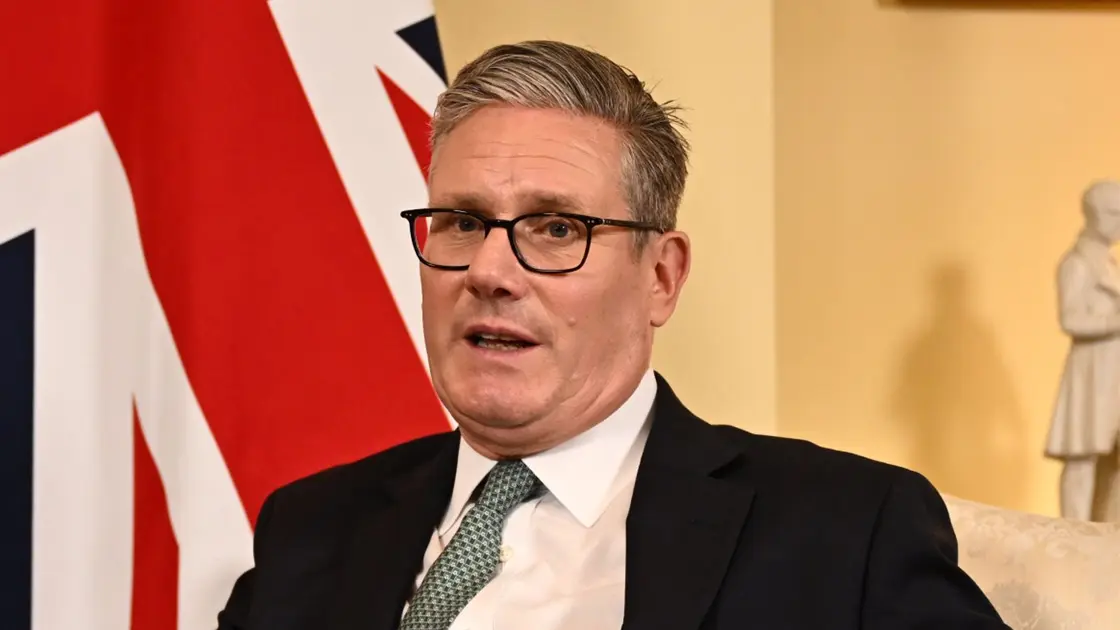
Scottish Labour MSPs urge Starmer to recognize Palestine
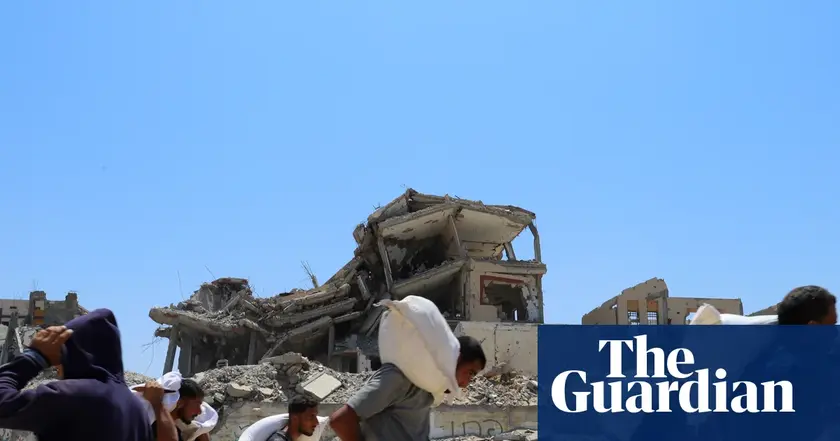
Starmer under pressure to recognize Palestinian statehood
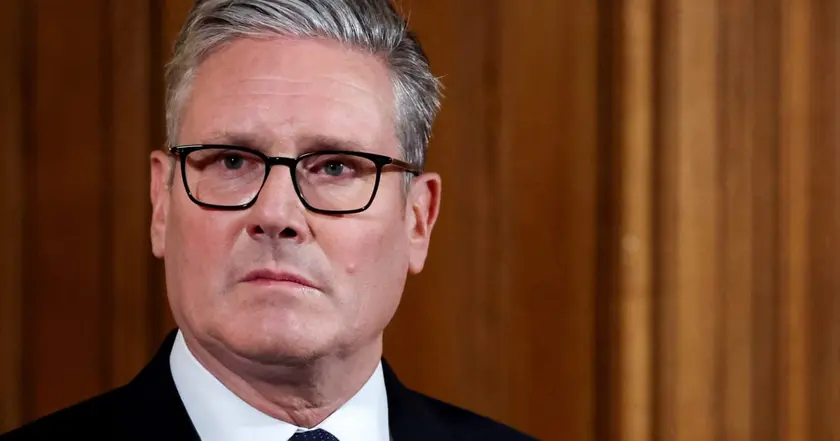
Global condemnation rises over Gaza escalation
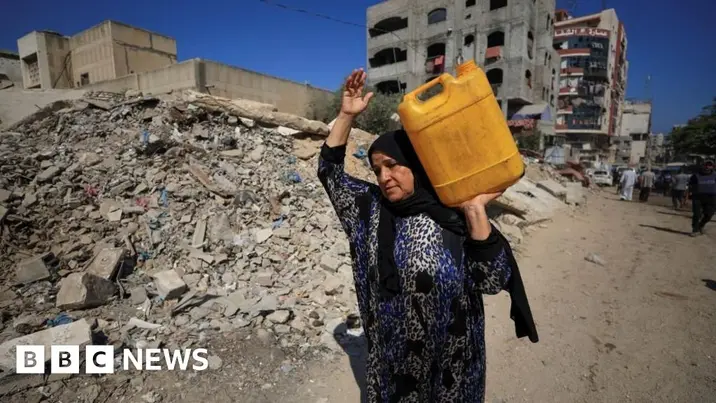
Israel approves plan to seize Gaza City
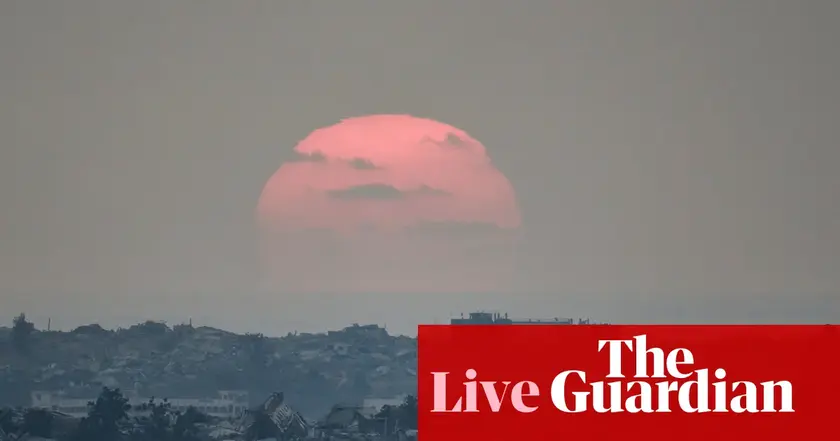
Gaza City plan triggers international backlash
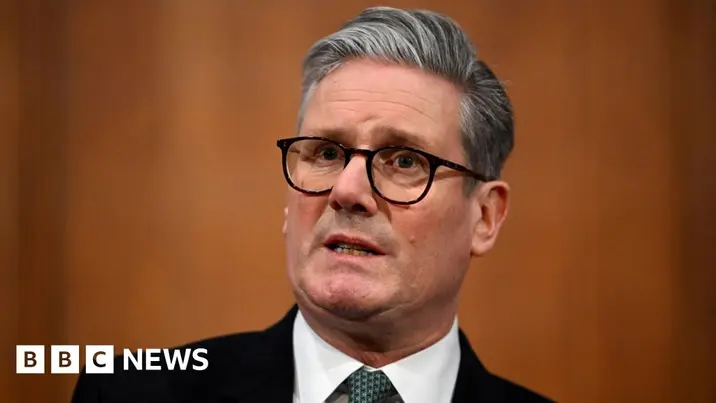
220 MPs call for Keir Starmer to recognise Palestinian state
